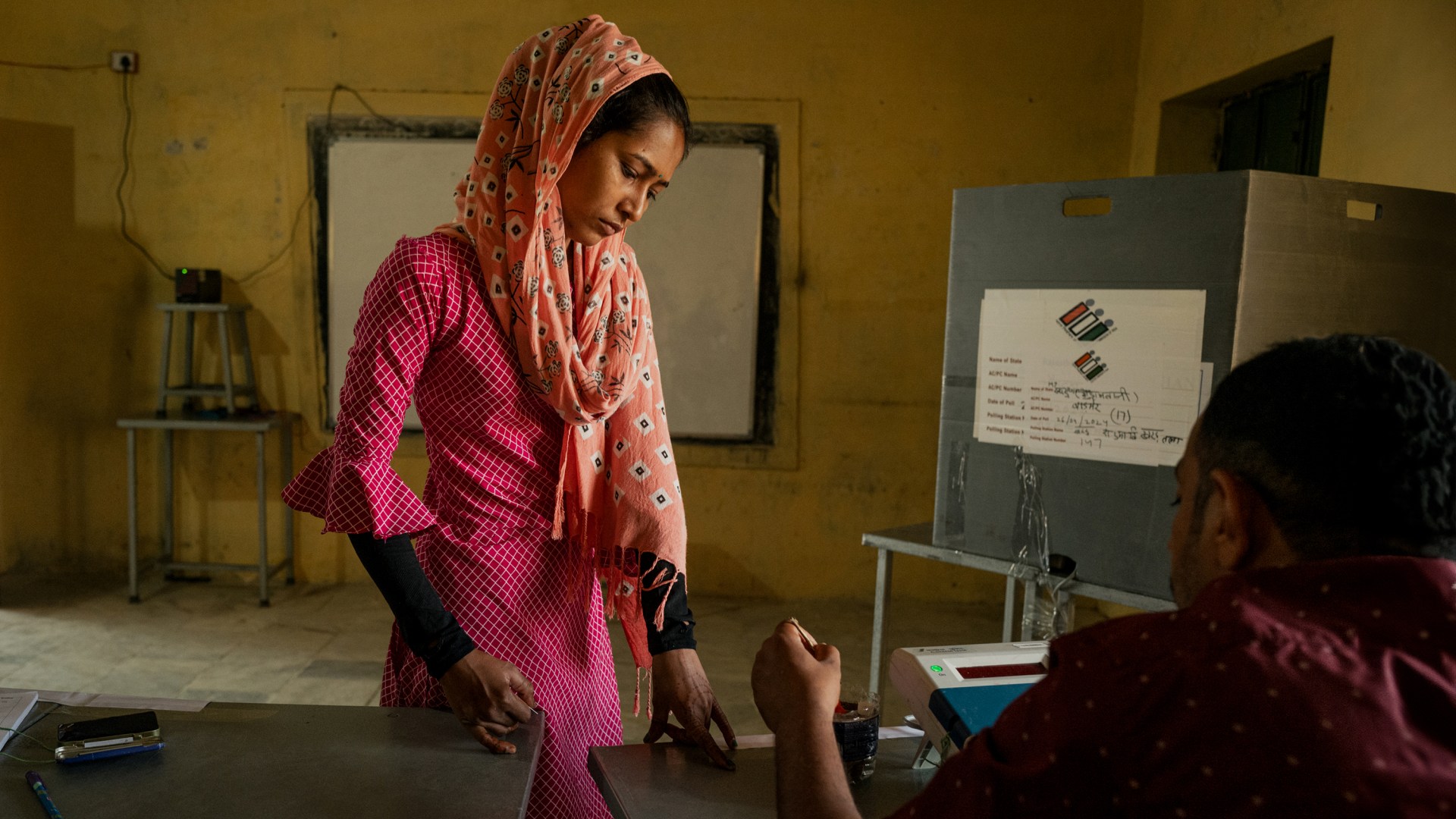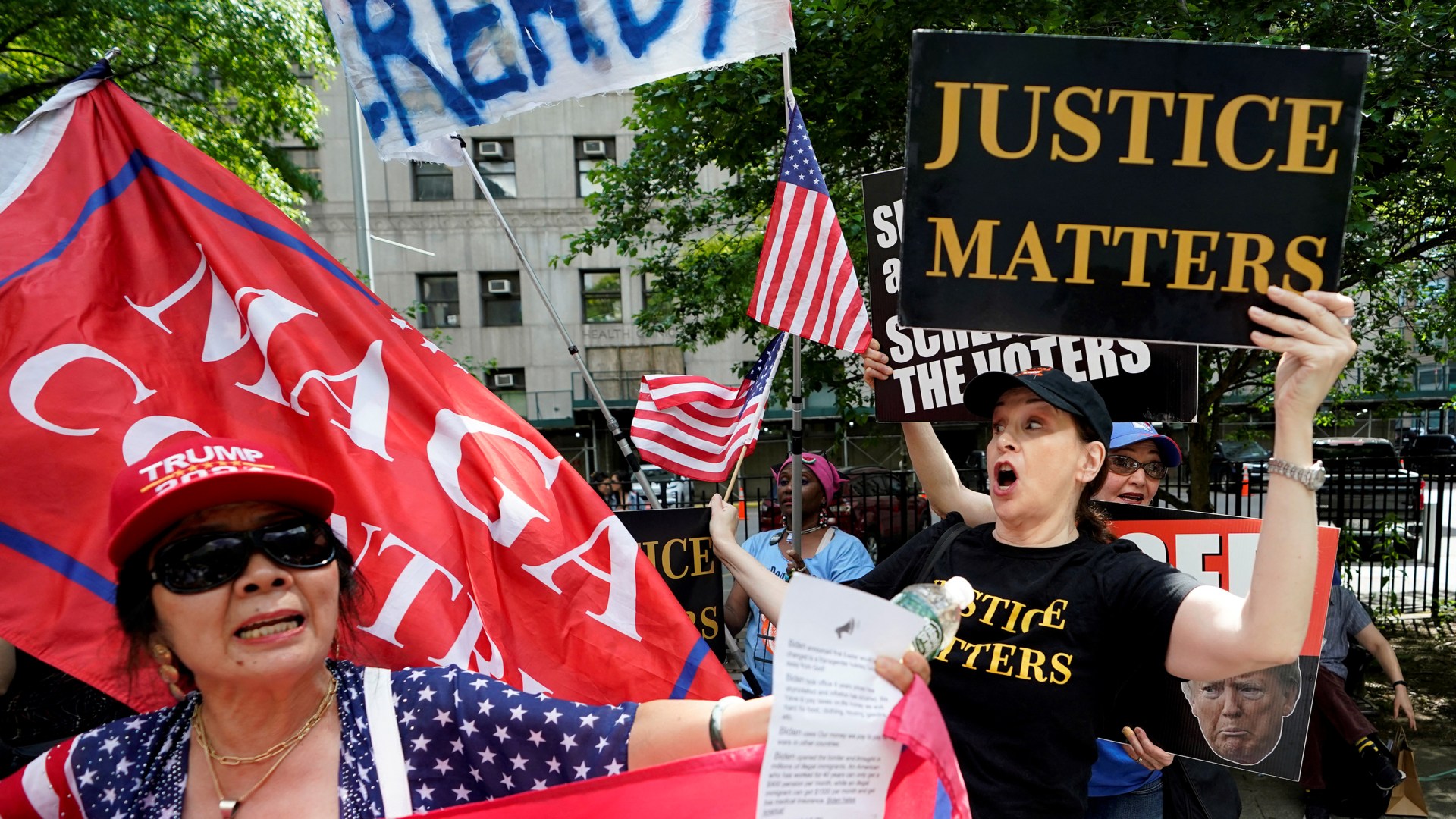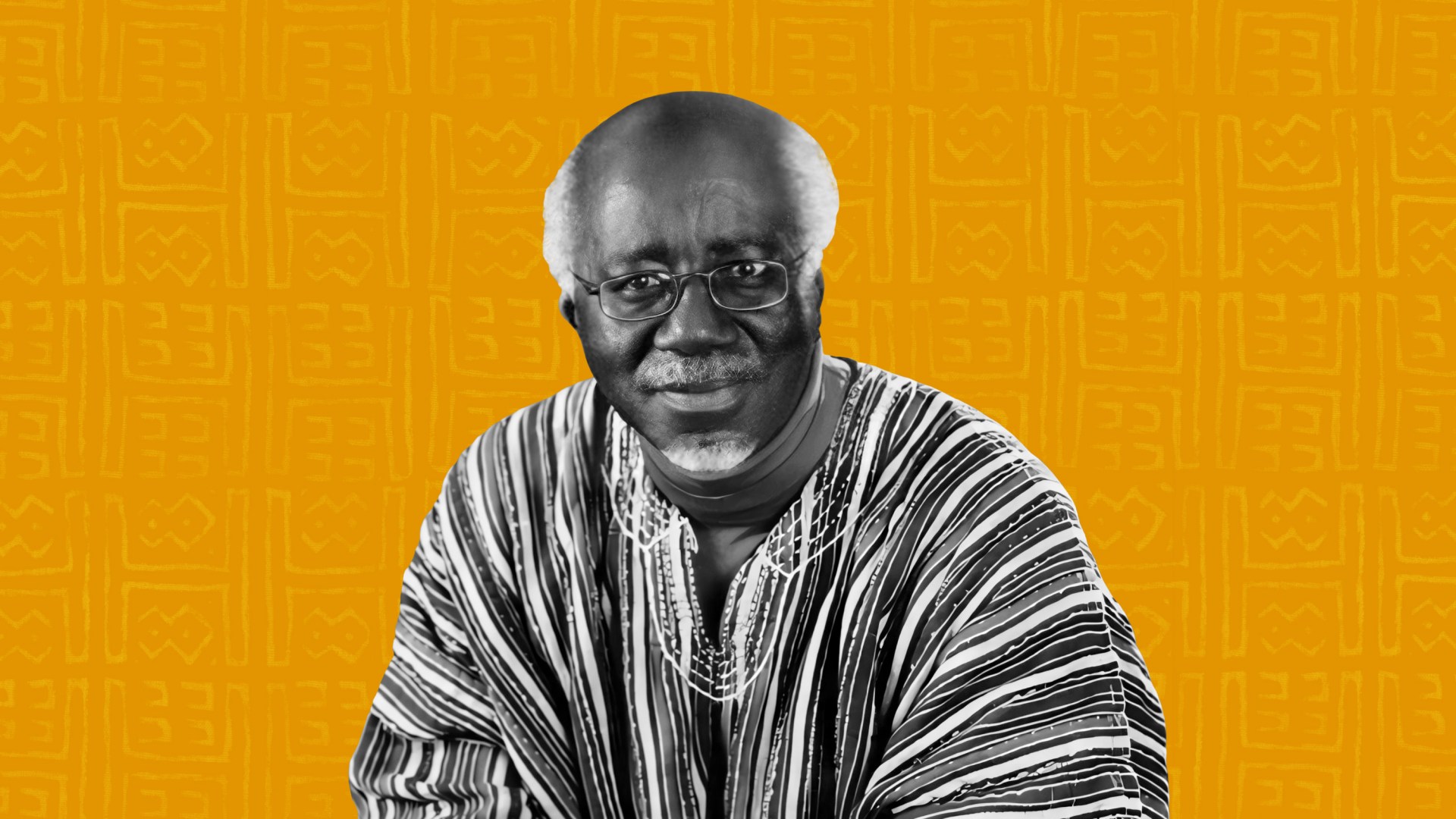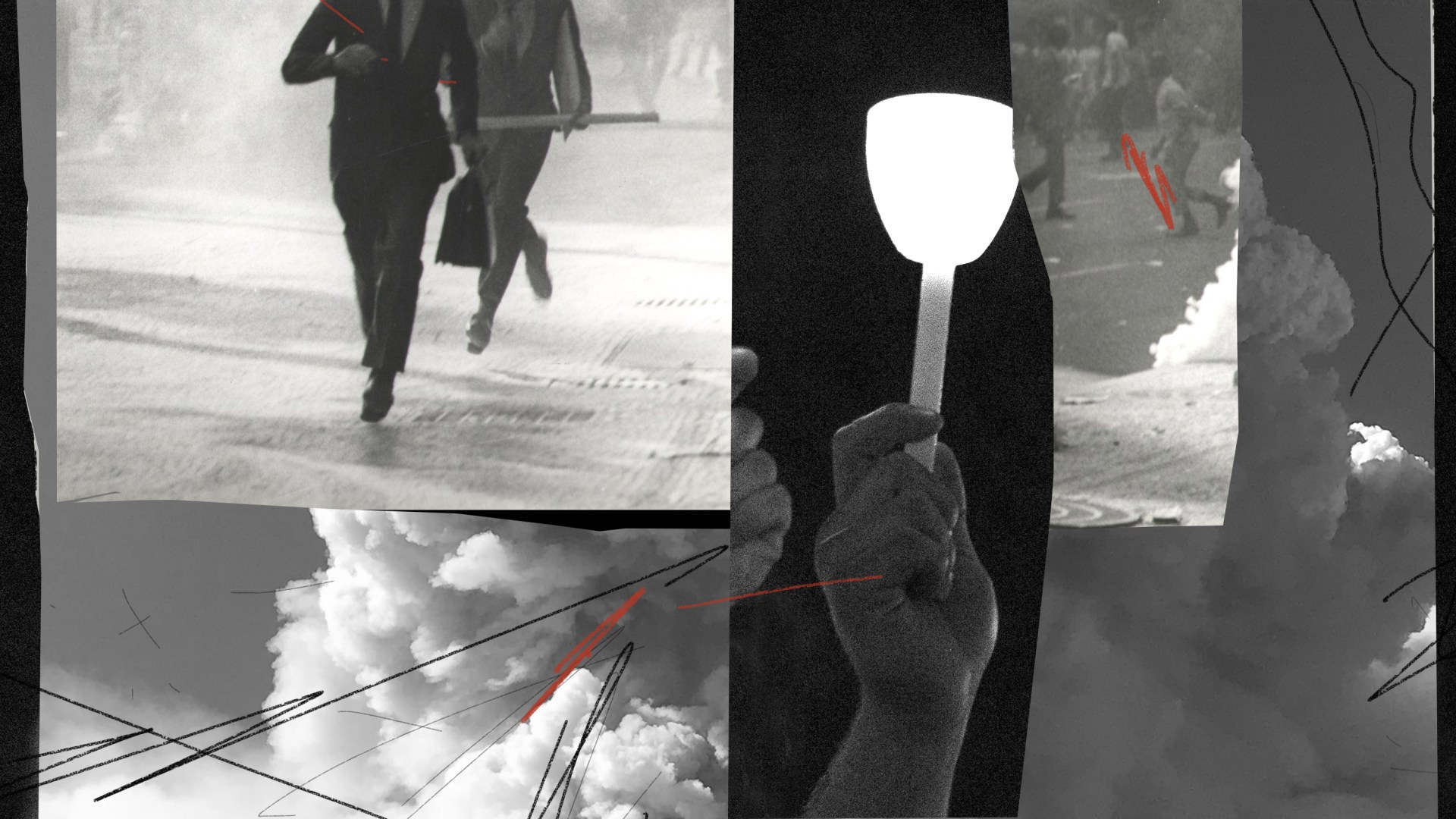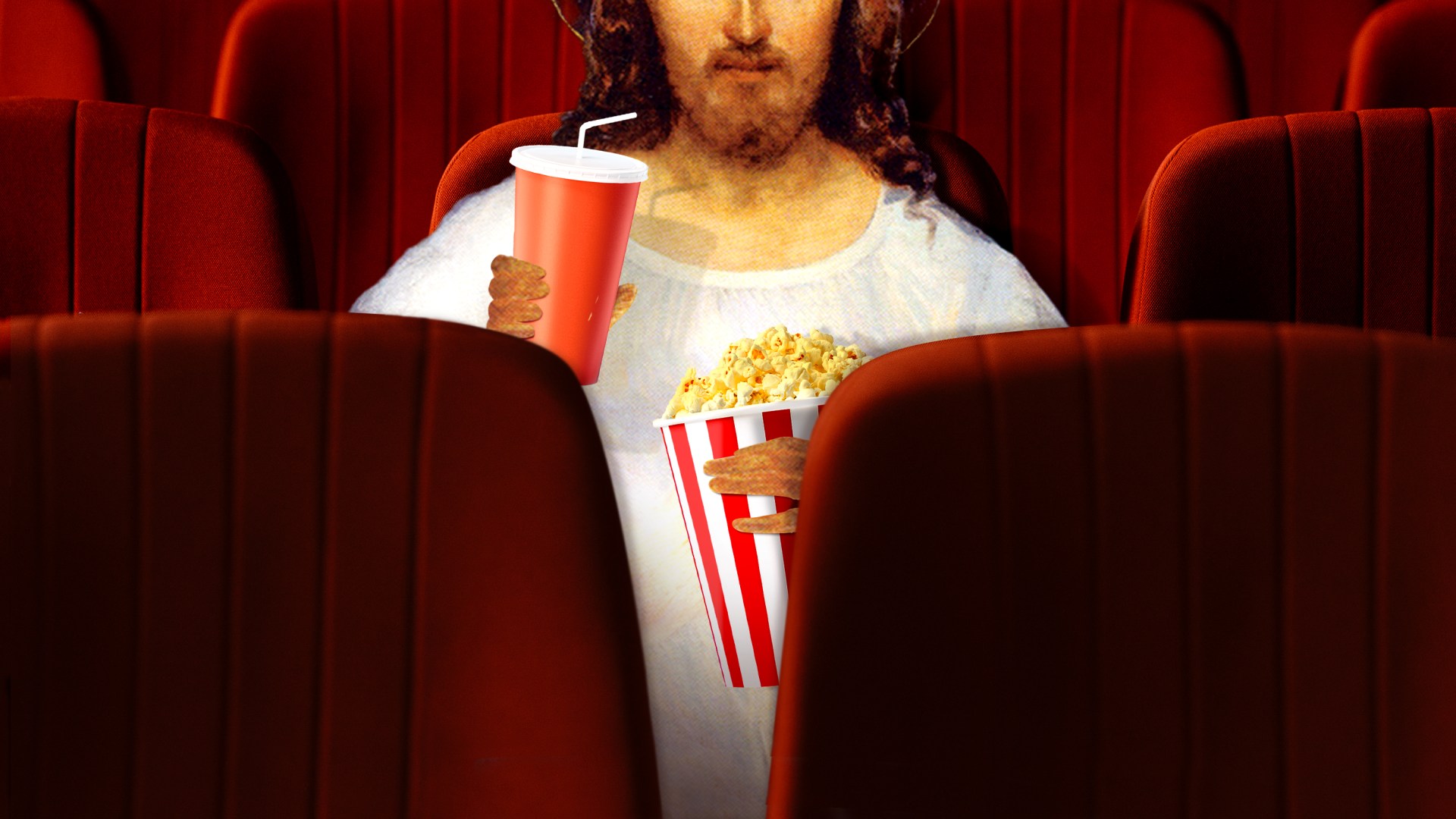As India’s monumental elections finally come to an end this week, all eyes are on the extent of the mandate that will be handed to Prime Minister Narendra Modi and his Hindu nationalist party. Especially among the subcontinent’s estimated 28 million Christians, for whom the result will test whether religious freedom and secularism will be preserved in the world’s largest democracy.
Modi’s Bharatiya Janata Party (BJP) has been in power since 2014. During this time, monitoring groups have documented an alarming increase in incidents of violence, discrimination, and harassment targeting religious minorities–especially Christians and Muslims. Hindu extremist groups, emboldened by the BJP’s ideology of Hindu supremacy or “Hindutva,” have systematically perpetrated abuses ranging from physical assaults to false accusations of forced religious conversions, used as a pretext for persecution.
A massive survey by the Pew Research Center reported that in 2019, about 49 percent of Hindu voters in India backed the BJP, which secured the party a majority in the Lok Sabha, the lower house of India’s parliament, and granted Modi a second term as head of state.
Not who wins, but by how much
The 2024 Indian general election, which started collecting votes on April 19, will conclude on June 1 after being conducted in seven staggered phases. The prolonged election process has drawn criticism from opposition parties alleging it favored the BJP’s “money power.” Meanwhile the Election Commission of India has come under criticism for “failing” its constitutional duty and is seen by many observers as compromised.
At stake is the composition of the 543-seat Lok Sabha, which will determine whether Modi is handed a clear mandate for a third consecutive term. While most polls have indicated a BJP victory is likely, the extent of its mandate will be crucial to the concerns of religious minorities.
An outright majority in parliament, particularly the three-quarters majority that Modi has stated he is aiming for, could embolden the BJP to pursue sweeping changes, including a nationwide anti-conversion law, a nationwide Uniform Civil Code (UCC), and—as the opposition alleges—changing and de-secularizing India’s constitution.
The Rashtriya Swayamsevak Sangh (RSS), a paramilitary organization which is the ideological parent of the BJP, had made clear its displeasure with the current constitution, ratified in 1949. Some analysts believe the RSS has always wanted to change it to Manusmriti, an ancient Hindu text containing laws that champion caste and gender discrimination.
“The BJP will implement M. S. Golwalkar’s statement in spirit and word,” said A. C. Michael, a former member of the Delhi state minority commission, quoting the former RSS leader’s statement:
“The foreign races in Hindus than must either adopt the Hindu culture and language, must learn to respect and hold in reverence Hindu religion, must entertain no idea but those of the glorification of the Hindu race and culture, i.e., of the Hindu nation and must lose their separate existence to merge in the Hindu race, or may stay in the country, wholly subordinated to the Hindu Nation, claiming nothing, deserving no privileges, far less any preferential treatment—not even citizen’s rights.” [Derived from We, or Our Nationhood Defined (Bharat Publications, Nagpur, 1939)]
BJP representatives, such as Anantkumar Hegde from Karnataka state, have previously stated that the party needs to secure 400 seats in the Lok Sabha in order to enable the “rewriting” of the constitution.
Conversely, a relatively poor showing could force a course correction by the BJP toward more inclusive policies, mindful of the potential backlash if it continues down the path of disenfranchising the nation’s more than 200 million Muslims, Christians, and other religious minorities.
“Personally, I do not think that the BJP will win,” C. B. Samuel, a prominent Bible teacher, told CT. “But if it does, the same scenario will largely continue regarding the persecution of Christians in the states where it is going on now.”
Invisible Christian voters, concrete concerns
Consequently, many Indian Christians remain deeply apprehensive about the BJP’s agenda, citing the escalating marginalization of their community in recent years under the party’s rule.
“Despite numbering over 22 million, the Christian community in India remains largely invisible and underrepresented in the nation’s political sphere, with their concerns and demands going unaddressed due to a lack of strong parliamentary voice,” John Dayal, a senior Christian political analyst, told CT. “The ongoing 2024 general elections are poised to once again render their presence inconsequential.”
Samuel disagrees. “We may not matter [as a national voting bloc], but we are not invisible. It all depends on the region and the state that you are taking into consideration,” he said. “In the North East and Kerala, Christians do matter. So the BJP plays it per their convenience so that they can take advantage of the situation.”
A key concern among Christians is the potential for a Modi-led BJP government to pursue policies detrimental to their rights and standing, including implementing nationwide a version of the anti-conversion laws currently active in 12 of India’s 28 states. But Christian leaders have also expressed concerns about the steady erosion of constitutional values and India’s secular ethos during Modi’s premiership.
While the BJP has historically provided minimal representation to religious minorities such as Christians and Muslims, those communities now fear that a decisive BJP victory could embolden the party to establish Hindu supremacy at the cost of secular democracy and minority rights.
Thus, sources told CT that Indian Christians have organized prayer for the 2024 elections like never before.
“The Christian community is fervently praying these days,” said Michael. “There is an urgent desire for this government to be ousted. Christians are gripped with fear that if this government stays in power, attacks on their community will escalate—leading to even more severe threats to their safety and religious freedom.”
Samuel, a leader in several prayer movements, agrees that Indian Christians are praying but is cautious in assessing why they are doing so. He said it depends on their level of education on the issues.
“It is true that Christians are quite concerned,” he said, citing the frequent news of persecution of fellow believers, including violence in the state of Manipur where many churches were burned. “It is largely because of these issues that people have committed to pray.”
He also believes that access to information plays a key role. “Most of their information comes from mainstream media, which does not give much information except to toe the government line. The other source of information is their own experience,” said Samuel. “So they may have limited understanding of other crucial national issues impacting democracy, minority rights, and marginalized groups beyond their own communities.”
“What encourages me is that these prayer movements and mobilizations are church-based,” he said, “and many churches throughout the nation have made it a significant part of their Sunday worship services.”
Christian outreach, by Hindu nationalists
Aware of the significance of the state-level Christian vote bank in places such as Kerala, where Christians comprise almost 20 percent of the population, the BJP mounted an extensive outreach effort ahead of the elections. Modi himself made concerted efforts to appeal to the southern state’s Christian community.
The prime minister visited Kerala five times this year, while the BJP held outreach initiatives such as the “Sneha Yatra” (Love Journey) aimed at connecting with and appealing directly to Christian leaders and congregations throughout the state.
However, the BJP’s overtures have been met with a divided response from church hierarchies. While some Christian leaders have engaged with the ruling party, giving the BJP clear support, many have remained firmly opposed, citing concerns over the party’s anti-minority rhetoric and policies that could undermine the secular ideals upon which India was founded.
“The BJP has still not realized that they cannot impact the Christian community in Kerala,” Jacob Ninan, a local evangelical Christian leader, told CT. “Earlier attempts where some Christian leaders, including Catholic bishops, made some statements that were construed to be favoring the BJP backfired miserably, primarily because of happenings in Manipur and the persecution of Christians in the rest of India.”
“Some church leaders are ‘gravitating’ towards the BJP due to their ‘vested interests,’” George Gonsalves, a political analyst based in Kerala, told The Tablet. Such interests are believed to include seeking government patronage or resolving longstanding legal disputes involving issues such as misappropriation of property or clergy misconduct cases.
“In Kerala the BJP will not be successful,” said Ninan. “A majority of Christians here have an understanding of what they stand for. They are not going to vote for the BJP but will vote instead for a party which upholds constitutional values.”
“I spoke to the Kerala Christians I know, especially after some Christian leaders gave statements favoring the BJP,” said Samuel. “They say that it does not matter what the leader says because we do not vote on the basis of religion.”
Critical battleground states
For India’s Christians, who officially make up 2.3 percent of the population of 1.4 billion, certain state elections coinciding with the general elections have become crucial battlegrounds that will influence their future rights and status in the nation. These elections, which select representatives for state legislatures, are currently taking place in Odisha, Andhra Pradesh, Arunachal Pradesh, West Bengal, and Sikkim.
Odisha, in eastern India, remains haunted by the horrific anti-Christian violence in 2008 that claimed over 100 lives and destroyed thousands of homes and churches. The BJP has fielded Sukanta Panigrahi, a veteran member of the RSS, as its candidate in the state’s crucial Kandhamal district, which was the epicenter of the pogrom. His candidacy has raised fears of further marginalization for the local Christian population, who have already faced escalating violence and persecution in recent years.
“Panigrahi is a hardcore RSS pracharak, or evangelist. He was fielded as the BJP candidate during the last general elections as well, but he did not win,” Ajay Singh, a national award-winning Catholic priest and human rights activist, told CT.
“The BJP is trying very hard to defeat the Biju Janata Dal, which has been in power in the state for the longest time, and there is a 50–50 chance on many seats. It would be a tough fight and the general perception is that this could be anybody’s game,” he said.
When questioned as to what a probable win by the BJP would mean for local Christians, he did not mince his words. “It would be trouble for Christians and other religious minorities if the BJP wins Odisha state elections,” he said. “Definitely Odisha would be further polarized on religious lines. They are fully capable of creating another Kandhamal.”
In Andhra Pradesh, the BJP has accused the present government of “minority appeasement” for financially supporting Christian pilgrimages—a move that has drawn backlash from hardline Hindu groups aligned with the party’s ideological base. The present leader of the state is a Christian and is seeking re-election, but has been targeted by the BJP and opposition parties for allegedly encouraging Christian conversions and not paying enough attention to the issues of the local Hindu community.
The Andhra Pradesh Council of Churches has allegedly urged Christian support for the incumbent chief ministerial candidate, calling him a “devout Christian”—a move that could prove crucial in a closely contested election. The RSS’s Organizer magazine reported on and criticized the same.
Other states such as West Bengal, Arunachal Pradesh, and Sikkim are also having their state elections, and in West Bengal the BJP hopes to give a tough fight to the incumbent state leader, Mamata Banerji, who is seen as a defender of constitutional values and secularism.
The Arunachal Pradesh state elections have become a battleground after the Arunachal Christian Forum’s endorsement of candidates from the opposition Congress party drew accusations of religious manipulation from BJP leaders. This has brought to the fore broader apprehensions within the Christian community regarding the ruling party’s stance on their rights and religious freedoms.
Key issues for Christians in Arunachal Pradesh include the abolishment of the state’s current anti-conversion law, demands for recognition and support for Christian institutions, and calls for exemption from proposed national policies such as the Uniform Civil Code.
“The present chief minister made a statement about repealing the anti-conversion law in Arunachal, but some local groups opposed this and so the proposal did not go ahead,” said Tagang Gelo, general secretary of the Nyishi Baptist Church Council, the largest Christian body in Arunachal Pradesh. “We have given a note to the government for repealing the law as well as opposing any possible implementation of the UCC.”
Gelo told CT that it looks likely that the BJP will form the state government in Arunachal again. But he cautioned that any changes in the federal government would have a major effect on the survival of the state government, as Arunachal is largely dependent on Delhi.
Although Uttar Pradesh, India’s most populous state and a stronghold for the BJP, is not holding state elections at present, it sends the highest number of representatives to the Lok Sabha. How its residents vote in the general election is likely to influence its upcoming state election in 2027 and shape the state’s politics overall.
Pew’s research indicates that among Hindu voters, the BJP received its highest vote shares in the North (68%) and Central (65%) regions of India, which include the capital, Delhi, and Uttar Pradesh. In contrast, 46 percent of Hindu voters in India’s East and only 19 percent in its South reported voting for the BJP.
The Christian minority in Uttar Pradesh has witnessed widespread repression under the state’s stringent anti-conversion laws. These laws have been routinely weaponized by Hindu nationalist groups to disrupt prayer gatherings and level false charges of forced conversions against innocent congregants.
The modus operandi involves Hindu vigilante groups disrupting Christian prayer gatherings and services, colluding with compliant police forces to arrest worshipers on trumped-up charges of attempting to forcibly convert individuals to Christianity.
For now, the Indian Christian community continues to pray and trust God for the peace and prosperity of their nation. But mobilizing prayer was not easy, says Samuel.
“One of the challenges that we faced in mobilizing people to pray for these elections was overcoming the theological notion that God’s will would prevail regardless of our prayers,” he told CT. “Many were taught in churches that whether we prayed or not, God would establish the leadership he desired. This teaching made it difficult to convince people of the importance of praying fervently for righteous governance.”
“We had to emphasize that while God indeed places leaders in authority, he also calls us to pray for those in power and does not necessarily approve of every individual holding office,” said Samuel. “The position itself may be sanctioned, but God can and does speak against those who abuse their authority or act wickedly. Overcoming this theological hurdle was crucial in rallying people to pray purposefully for elections that would yield godly leaders.”

